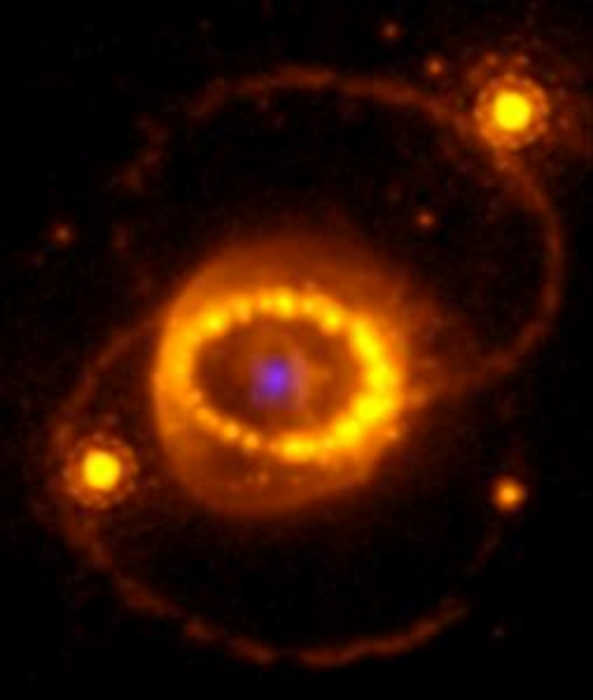Rui Nabeiro took a place in the pantheon of legends before taking a place in the Campo Maior pantheon in the Portuguese Alentejo, where he was buried in March. He had a long life that allowed him to tenaciously nurture the gallery of stories that is required of a figure to be considered extraordinary. The first of all is that he was a smuggler at the time when the border between Portugal and Spain, a few strides from his house, concealed its permeability behind the disguise of impregnable passage between two dictatorships. The last one is that he founded a Portuguese company, Delta, which sells coffees to half the world and said no to Nestlé, Pepsi and how many multinational food companies offered to buy it. Nabeiro wanted to be a giant without betraying the Alentejo.
The writer José Luís Peixoto also sells books in half the world. His work, narrative and poetic, is translated into more than thirty languages. The last one published in Spain, Comida de domingo (Alfaguara, in translation by Antonio Sáez Delgado), is the fruit of the encounter between the two. It's hard to fit the book on a classic shelf. It is presented as a novel, but what is narrated is not fiction. It tells a life without being a biography. Put to specify, perhaps it can be considered a fictionalized memorial where the writer puts the literature and the protagonist the memories, a creature that pleased both.
In 2019 the businessman, who had rejected other proposals to write about his life, asked the writer if he dared to biography him. Peixoto was not tempted by the idea of approaching the historical study of a life, but he was tempting a novel based on the testimony of Nabeiro, admired in Portugal both for his courage in business and for a genuine social commitment. In a sense he had made a similar journey in Autobiografía, a book that revolved around José Saramago.
They began to see each other in September of that year and, although the pandemic made meetings difficult, the writer finished the project in February 2021, a month before its publication in Portugal. Its success was immediate: 30,000 copies in just three months. The alliance was powerful: one of the most celebrated authors wrote about the most beloved businessman. A way to fix reality before it transformed and disappeared, as would end up happening on March 19, 2023 with the death of Rui Nabeiro. "The past has to constantly prove that it existed," Peixoto writes at the beginning of the novel. "What was forgotten and what did not exist occupy the same place. There is a lot of reality to walk around, fragile, transported only by a single person. If that individual disappears, all that reality disappears without contemplation, there is no way to recover it, it is as if it had never existed."
In Sunday Lunch there are moments in the life of its protagonist, an 89-year-old businessman named Rui, born into a modest family in Campo Maior in an equally modest time. Jumping from the past to the present and from the first to the third person, the book stops at episodes that include ordinary scenes, such as a modest breakfast of soups with milk, and exceptional events, such as the inauguration of the Salazar bridge (today April 25) over the Tagus on August 6, 1966. The recreation includes that magical moment in which Mr. Rui receives the envoys of a multinational with an offer to buy his company "with numbers that are not of this world." He has listened to them but has never doubted their negative answer: "To buy everything we have is to buy our life."
Rui's family and politicians such as Mário Soares, the first socialist to preside over the Republic, or the Spaniard Felipe González parade through the book. The businessman, then mayor of his town and socialist sympathizer, evokes the chickpea stew that he improvised for them in the Progresso Campomaiorense cooperative before a rally in Badajoz. In the city of Extremadura, the founder of Delta Cafés always found complicity, either to cut his hair or to take refuge while the Portuguese Prosecutor's Office investigated him for tax fraud. The case ended without a case and Nabeiro returned to his Alentejo.
The book is projected on the story of an individual who makes memory on the eve of his ninety birthday. Through that existence privileged by longevity and triumph, it is also a reflection on the meaning of life. The protagonist of Sunday Food knows that he is coming to the end and that immediately puts him in a position of clairvoyance. "Not only did I have the feeling that all the people were dying, I began to feel that all the people were already dead," he thinks of the funeral home when he goes to say goodbye to his "most sincere friend".
There is implicit a vindication of experience, of those who have already done it and seen almost everything and are, therefore, able to anticipate what others will do or see in the future. Mr. Rui has the body of an old man with physical rigidities and fleeting amnesias, but his mind is that of a visionary. Success, moreover, guarantees him a place of honor in society. Unlike others, it has not been relegated to the no-disturb corner. The novel shows the complexity of an 89-year-old man, with his greatness and his limits. In reality, Peixoto speaks of Nabeiro, but also of himself, the subject that is almost always at the origin of his literature.
Look for it in your bookstore
You can follow BABELIA on Facebook and Twitter, or sign up here to receive our weekly newsletter.
Subscribe to continue reading
Read without limits
Read more
I'm already a subscriber

/cloudfront-eu-central-1.images.arcpublishing.com/prisa/F5ZSHMPHTFH45IBXSZ7YGGBEDY.jpg)





